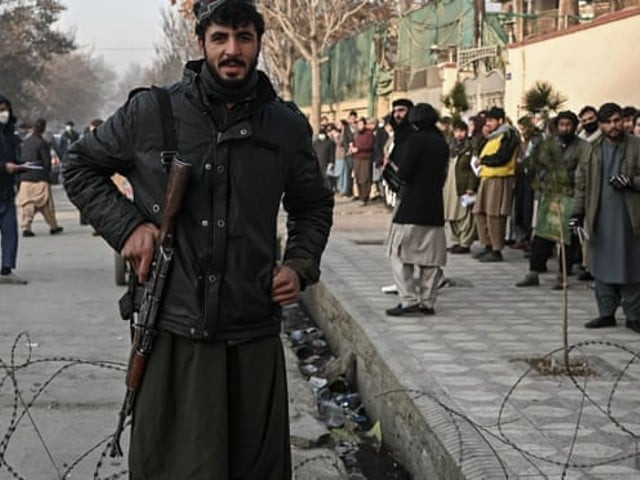Taliban cancel public holiday for Nowruz but say celebrations allowed
Persian New Year is a popular festival in Afghanistan and usually marked by a public holiday

Afghanistan's Taliban administration said there would be no public holiday for the Persian New Year this week, but said they would not stop people from celebrating the festival.
Persian New Year, known as Nowruz and celebrated throughout Iran and Central Asia, is a popular festival in Afghanistan and usually marked by a public holiday, when families gather to prepare festive dishes and welcome the beginning of spring.
Mohammad Yunus Sidiqi, spokesman for the labour ministry, told Reuters that there would be no official public holiday on Monday, when Nowruz was set to take place.
An information ministry spokesman said the holiday was not in accordance with Islamic law, but that private celebrations by civilians would be allowed.
Read more: Taliban hopeful for deal on Kabul airport with Turkey, Qatar
"We are not officially celebrating Nowruz," said Abdul Ahad Amad, head of publications at the information ministry. "If people want to do something we are not preventing them."
The Taliban took over the country in August. The international community and many Afghans have called on the group to form a representative government and recognise the pluralism of the country, which is made up of multiple ethnic groups and cultural influences.
Though workers will have to return to the office and public university students said exams had been scheduled for Monday, there were signs that Afghans would still celebrate.
Colourful flags were strung up across streets in parts of Kabul and the leaders of mosques in the capital and the northern city of Mazar-i-Sharif said they were preparing for a traditional banner-raising ceremony known as Jahenda Bala, but were waiting for guidance from authorities on whether they would be able to go ahead.
"The coming of Spring is engrained and rooted in our history, our literature, our cultural memory, our traditions, and our cultural heritage," said Munazza Ebtikar, a PhD candidate at the University of Oxford focusing on the history and anthropology of Afghanistan.
"Celebrating Nowruz has become a political act, it's about preservation and resistance," she said.



















COMMENTS
Comments are moderated and generally will be posted if they are on-topic and not abusive.
For more information, please see our Comments FAQ